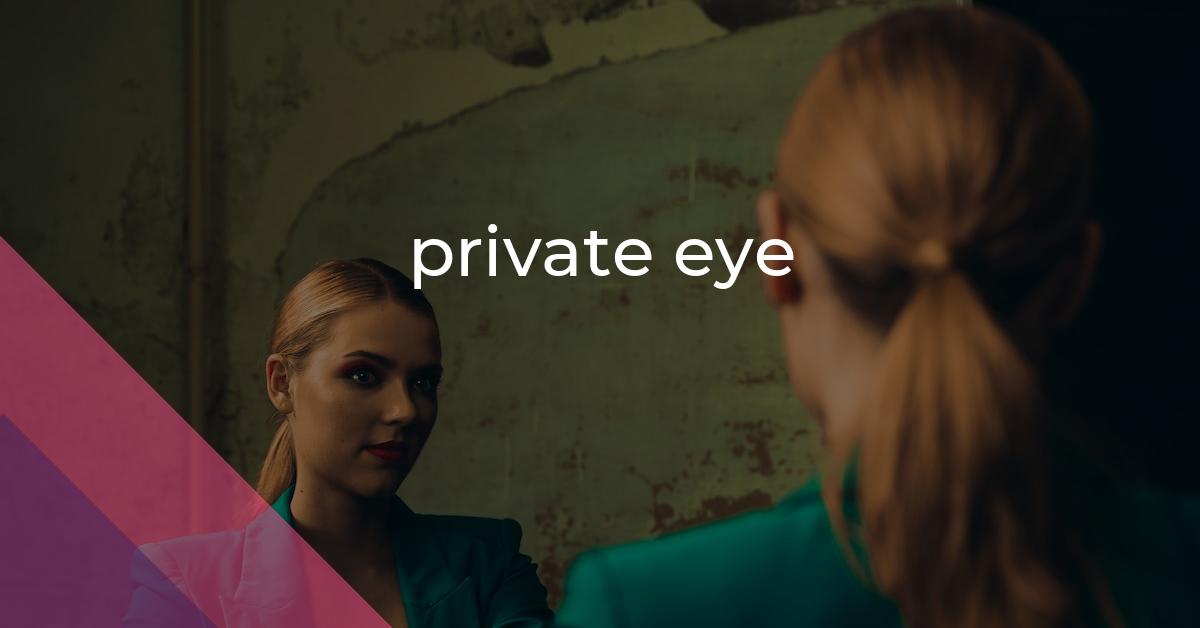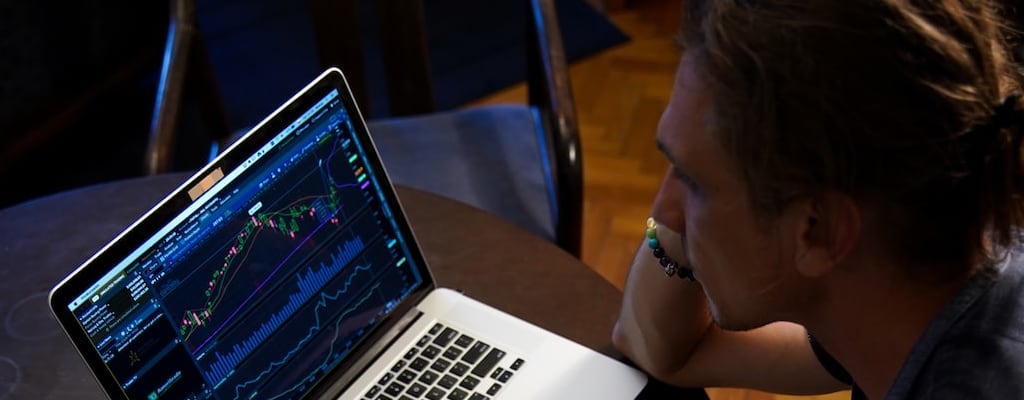private eye: Idiom Meaning and Origin
What does ‘private eye’ mean?
The idiom "private eye" refers to a detective who is hired to investigate and solve cases. The term "private eye" is derived from the fact that these detectives often work independently and are not associated with the police or government agencies.

Idiom Explorer
The idiom "track down" means to locate or find someone or something, often after a search or investigation.
The idiom "see a man about a dog" is a humorous way of saying that someone needs to attend to a private or personal matter, which they do not want to disclose. The phrase is often used to politely excuse oneself without revealing the true reason for leaving.
The idiom "poke someone's eye out" means to physically harm or injure someone by poking their eye with force. It is often used figuratively to warn against the potential consequences of reckless actions or careless behavior.
The idiom "point fingers" means to assign blame or accuse others for a problem or situation without taking responsibility oneself.
A pixel peeper is someone who excessively focuses on small details or flaws, especially when it comes to photographs or digital images.
The idiom "pick holes" means to criticize or find fault in something, often in a nit-picky or overly critical manner.
An idiom used to refer to a particular person's character, occupation, or role, highlighting its uniqueness and individuality.
The idiom "one in the eye for" means to achieve victory or satisfaction over someone by delivering a blow or setback to them, often as a form of revenge or to prove oneself superior.
The idiom "more than meets the eye" means that there is more to something or someone than what is initially visible or apparent.
Unveiling the Detective
The idiom "private eye" is a commonly used expression in the English language. It refers to a detective, someone skilled at detective work, typically one who is hired to investigate or solve mysteries. The term is believed to have originated in the United States in the early 20th century. One possible origin of the phrase is that it is derived from the word "private" meaning individual or personal, and "eye" referring to the ability to observe and investigate. This interpretation suggests that a private eye is someone who possesses the qualities of being perceptive, observant, and capable of solving complex problems. In other words, a private eye has an eye for detail and is skilled at noticing things that others may miss. Another theory suggests that the term "private eye" may have been influenced by the French phrase "privateur d'oeil" which translates to "private of the eye." This French term was reportedly used in the late 19th century to describe people who engaged in surreptitious or covert activities, particularly espionage. This suggests that a private eye is someone who conducts their detective work with a certain level of secrecy and discretion. Regardless of its exact origin, the idiom "private eye" became popularized in American detective fiction and film noir genres during the mid-20th century. It became synonymous with a certain archetype of a detective, often portrayed as a lone wolf who operates outside the boundaries of the law. These private eyes were known for their eagle eye, their ability to keenly observe their surroundings and closely examine details. Over time, the idiom "private eye" has evolved beyond its literal meaning and has been adopted in a broader sense to refer to anyone who engages in investigation or surveillance, not just professional detectives. So, when someone asks you to keep an eye peeled, they're asking you to stay alert and be on the lookout for anything suspicious. They want you to be as observant as a private eye. The idiom "private eye" has permeated popular culture, appearing in various forms of media including literature, television, and film. These private eyes become iconic figures in their respective stories, using their detective skills to solve crimes and mysteries. They keep their eyes peeled for any clue that could lead them to the truth. In addition, the idiom "private eye" has become a colloquial expression used in everyday conversations to describe someone who is nosy or overly curious. If someone has an eye for something, it means they have a special talent for noticing and appreciating certain characteristics or qualities. So, a person with an eye for fashion has a natural ability to recognize and appreciate stylish trends. Overall, the idiom "private eye" has a rich history and diverse interpretations. It has come to represent a detective or investigator in popular culture and has expanded to encompass a broader meaning of curiosity or nosiness. Its origins may have multiple theories, but its enduring presence in the English language reflects its significance and cultural relevance.
Example usage
Examples of how the idiom "private eye" can be used in a sentence are:
- My uncle used to work as a private eye, investigating cases of fraud and theft.
- The detective in the mystery novel is a private eye, trying to solve a complicated murder case.
- She hired a private eye to gather evidence of her spouse's infidelity.
More "Profession" idioms



